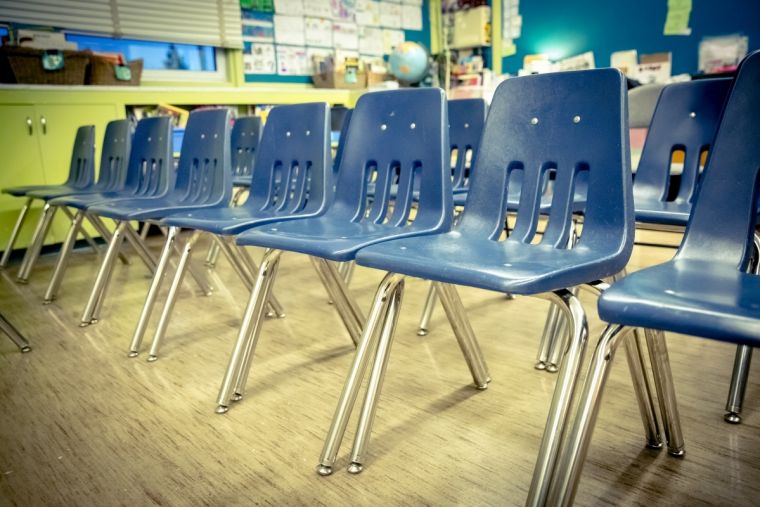Chronic shortage in Religious Education teachers could fuel prejudice
Religious Education is facing a chronic shortage in teachers prompting warnings of an increase in prejudice and stereotyping because pupils will grow up with knowing about other faiths.
The Department for Education is failing to recruit enough religious studies teachers, the Religious Education Council (REC) said, after government statistics revealed it was one of the worst subject for attracting new teachers.

Less than two-thirds of the target number of trainees was reached in 2017 and the only mainstream subject with worse recruitment figures was Design & Technology. Just 405 religious studies teachers entered training in 2017, just 63 per cent of the government's target of 643.
The REC pointed to the comparatively small bursaries given to religious studies teachers compared to other subjects. Whereas a first-class honours student will receive £9,000 towards their RE training costs, trainees in subjects such as Geography and Classics are offered grants of £26,000.
The charity is relaunching its Beyond the Ordinary campaign, which is designed to attract graduates and professionals to train as RE teachers.
'This year we hope our campaign will capture the interest and imagination of those who may have considered teaching but may not have thought of RE,' said campaign lead, Kathryn Wright, director of the Teach RE course at Culham St Gabriel's Trust. 'We're hoping to interest more would-be RE teachers who have a rich understanding of - and interest in – the subject, as well as real-life experiences to navigate this fascinating, highly-relevant subject.'
It comes after religious studies bucked the trend of general improvement in A-level grades this year. Nationally results showed the first increase in the proportion of pupils gaining top results for the first time in six years. But for students taking RS their chances of gaining top marks did not rise, with 23.5 per cent gaining an A or A* grade compared to 26.3 per cent on average.
This, on top of a fall of nearly 3.5 per cent in the numbers taking RS A-level, fuelled concerns about growing religious illiteracy in the UK.











